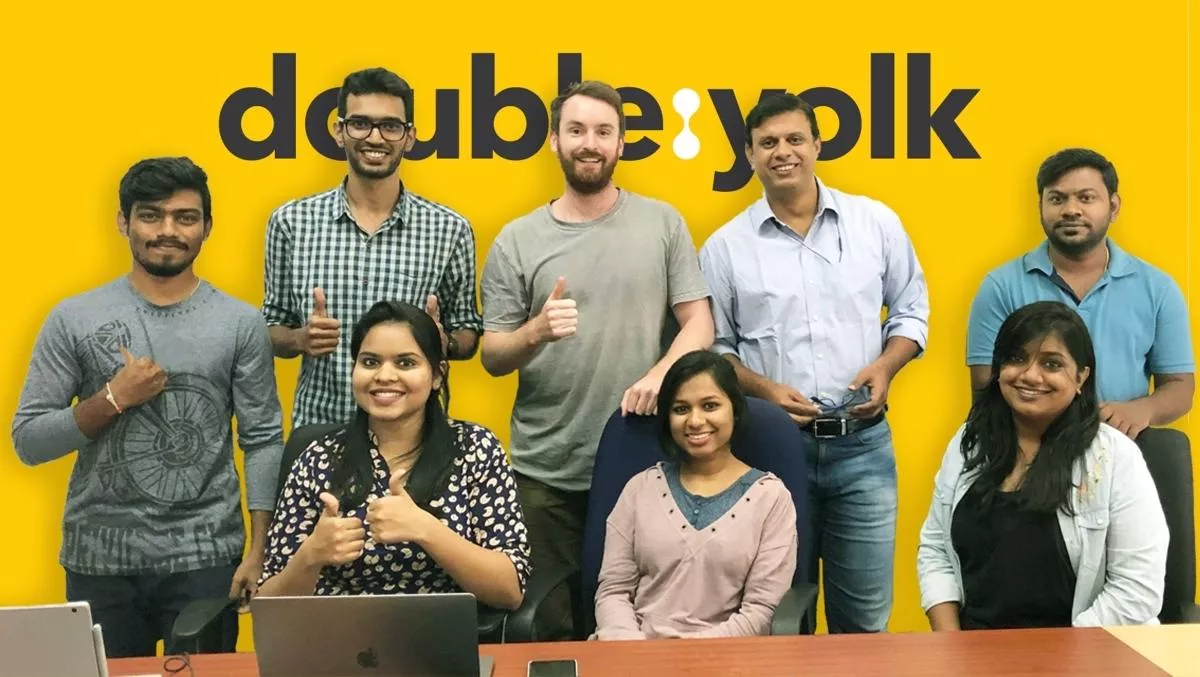
Double Yolk's take on recruiting software devs in the remote work age
What do you do when there aren't enough New Zealand developers to help your business succeed? For Double Yolk CEO Jack Coleman, he had no choice but to look overseas - and therein lay an opportunity ripe for exploration.
Double Yolk is a development firm with three business partners based in New Zealand, and 60 developers in India.
Coleman started with an idea for an app, but couldn't find any 'reasonably priced' local developers.
"I knew this scarcity provided an opportunity, an opportunity too big to miss out on," he says.
So he moved to India, where he started networking and meeting developers. His first developer, Vatsal, was the first employee who still works for the company as lead project manager today.
Vatsal marked the start of a large recruitment drive that now comprises 60 developers, who create enterprise technology for more than 130 businesses in New Zealand, Australia the United States, and Europe.
Double Yolk created a system in which developers are placed directly in business with clients as full time employees who work remotely. This means there needs to be a match between developer skills and cultural fit, as well as the systems in place for managing distributed workforces.
Double Yolk chief operating officer Henry Wallace says that distributed workforces and collaborating across platforms such as Zoom have been crucial, particularly in the last year.
Although software engineers are included on the official skills shortage list, COVID-19 meant that businesses could not bring skilled developers in from abroad.
Coleman adds, "We've built the business on a model of distributed working, we have the systems and processes in place to successfully operate, communicate and deliver across 3 time zones. It was clear we were in the position to help other businesses adapt to a potentially unfamiliar digital world.
For one project, Double Yolk and a management firm worked to create a mobile app so that shareholders could attend virtual annual general meetings (AGMs) and vote, no matter where they were in the world.
The company also worked with a construction company to create a better platform to manage projects and health and safety requirements.
"The way-of-work has shifted drastically for everyone, our plan for 2021 is to continue
supporting the local tech and start-up industries especially as NZ establishes itself as a new Silicon Valley. We are focussed on championing the power of distributed working and collaborating with
talent globally," Coleman concludes.

